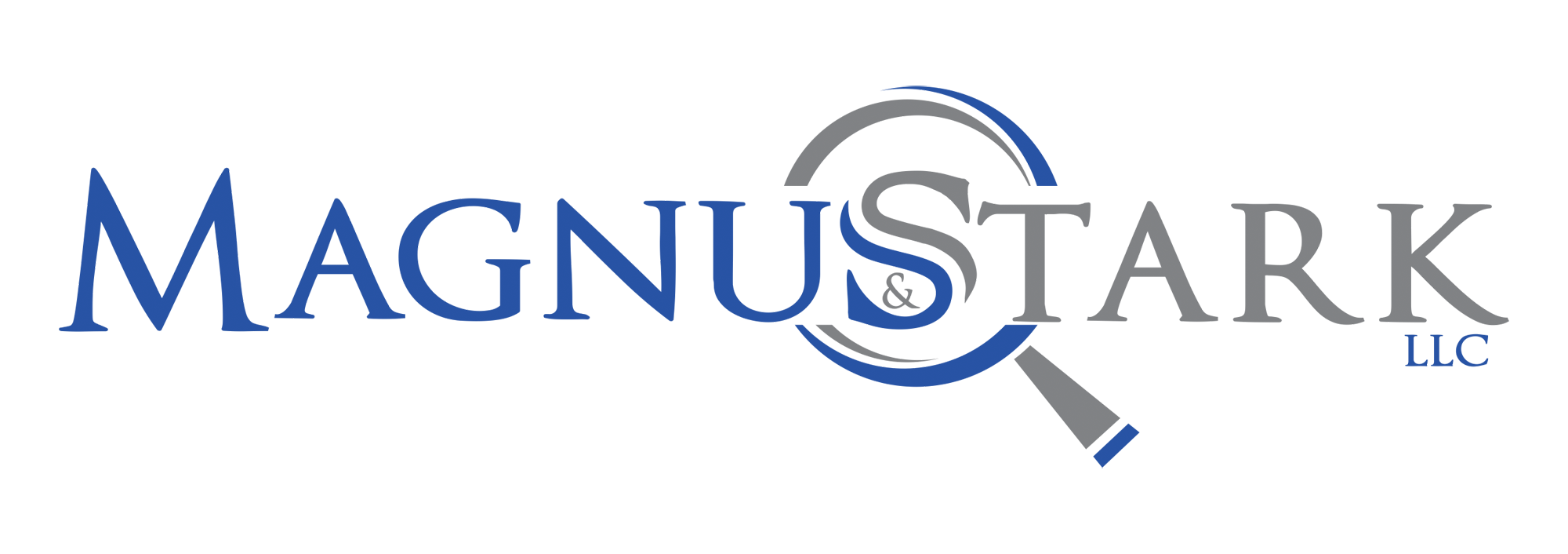Interviewing Techniques for Identifying Deception in Zionsville, IN
In the town of Zionsville, IN, where honesty and integrity are highly valued, the ability to identify deception during interviews is a crucial skill for employers, law enforcement, and individuals conducting hiring processes. Being able to distinguish between truth and deception can help uncover important information, prevent potential risks, and ensure that the right candidates are selected for a job or role. In this blog post, we will explore some effective interviewing techniques for identifying deception in Zionsville, IN.
1. Establishing rapport: Building a positive rapport with the interviewee is essential for creating a comfortable and open environment. People are more likely to be truthful when they feel at ease and respected. By engaging in friendly conversation, showing empathy, and actively listening, interviewers can establish trust and encourage honesty.
2. Paying attention to body language: Nonverbal cues can often reveal more than words. Watch for signs of nervousness, such as fidgeting, avoiding eye contact, or sweating. Inconsistent body language, such as nodding while saying no, can also be a red flag for deception. By observing body language cues, interviewers can detect potential signs of dishonesty.
3. Asking open-ended questions: Instead of asking yes or no questions, use open-ended questions that require detailed responses. This can help interviewers assess the interviewee’s level of knowledge, consistency in answers, and ability to provide specific examples. Deceptive individuals may struggle to maintain their story when asked to elaborate on details.
4. Listening for inconsistencies: Pay close attention to inconsistencies in the interviewee’s responses. Take note of any contradictions or changes in the story, as these can indicate deception. Follow up on discrepancies and ask probing questions to clarify inconsistencies.
5. Using behavioral analysis techniques: Behavioral analysis techniques, such as statement analysis and microexpressions, can provide valuable insights into a person’s truthfulness. Analyzing the language used, the structure of responses, and microexpressions (brief facial expressions that reveal emotions) can help identify deceptive behavior.
6. Conducting background checks: Verifying the information provided by the interviewee through background checks, references, and online research can help confirm the accuracy of their statements. Inconsistencies between the information gathered and the interviewee’s responses may indicate deception.
7. Training interviewers: Providing training to interviewers on detecting deception can enhance their skills in identifying dishonesty. By familiarizing themselves with common deceptive tactics, understanding the psychology behind lying, and practicing effective questioning techniques, interviewers can become more adept at uncovering deception.
In conclusion, mastering the art of identifying deception during interviews is a valuable skill that can yield valuable insights and help make informed decisions in Zionsville, IN. By employing techniques such as building rapport, observing body language, asking open-ended questions, listening for inconsistencies, using behavioral analysis, conducting background checks, and providing training to interviewers, individuals and organizations can improve their ability to detect deception and ensure a fair and transparent interviewing process.

